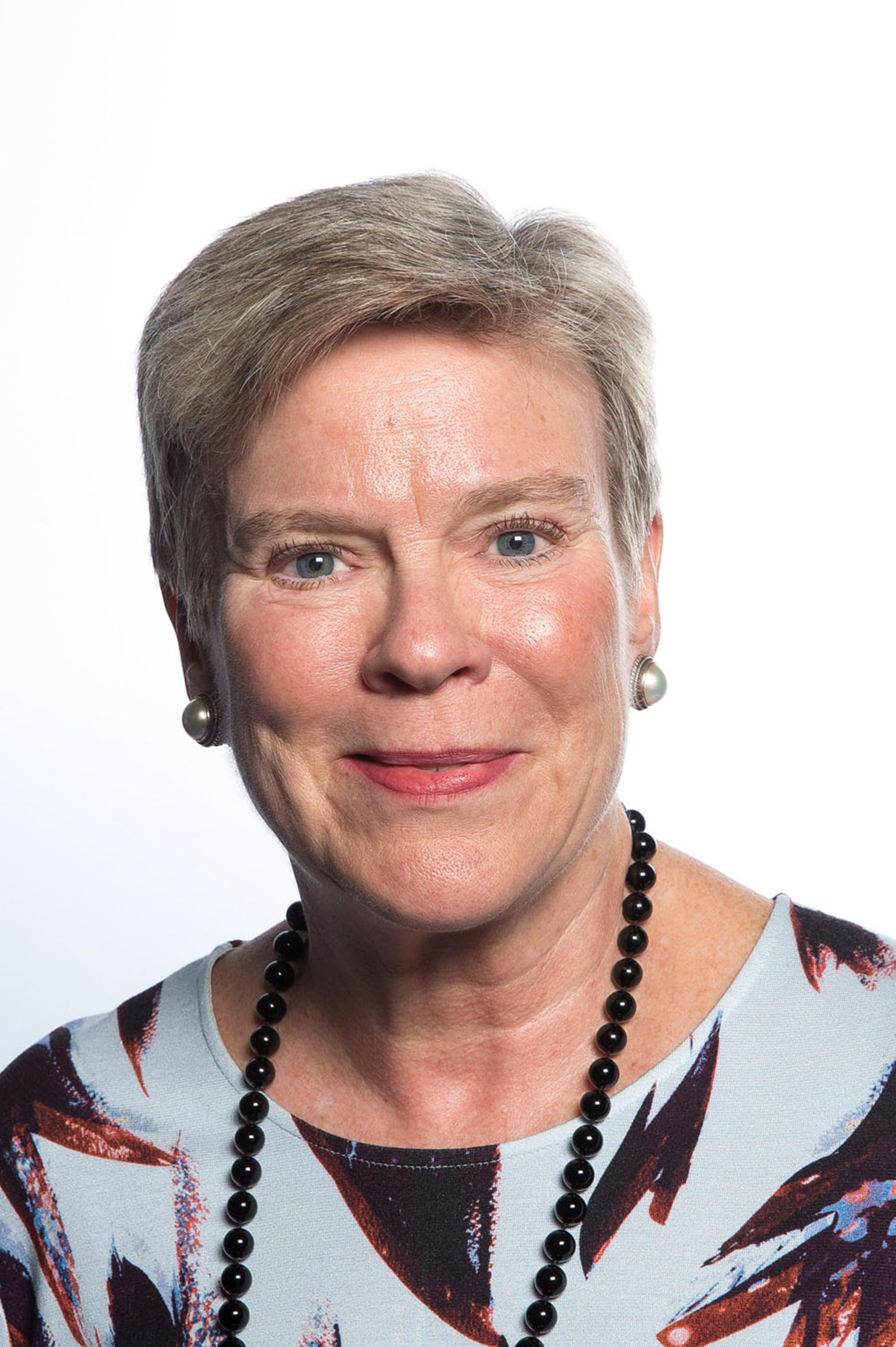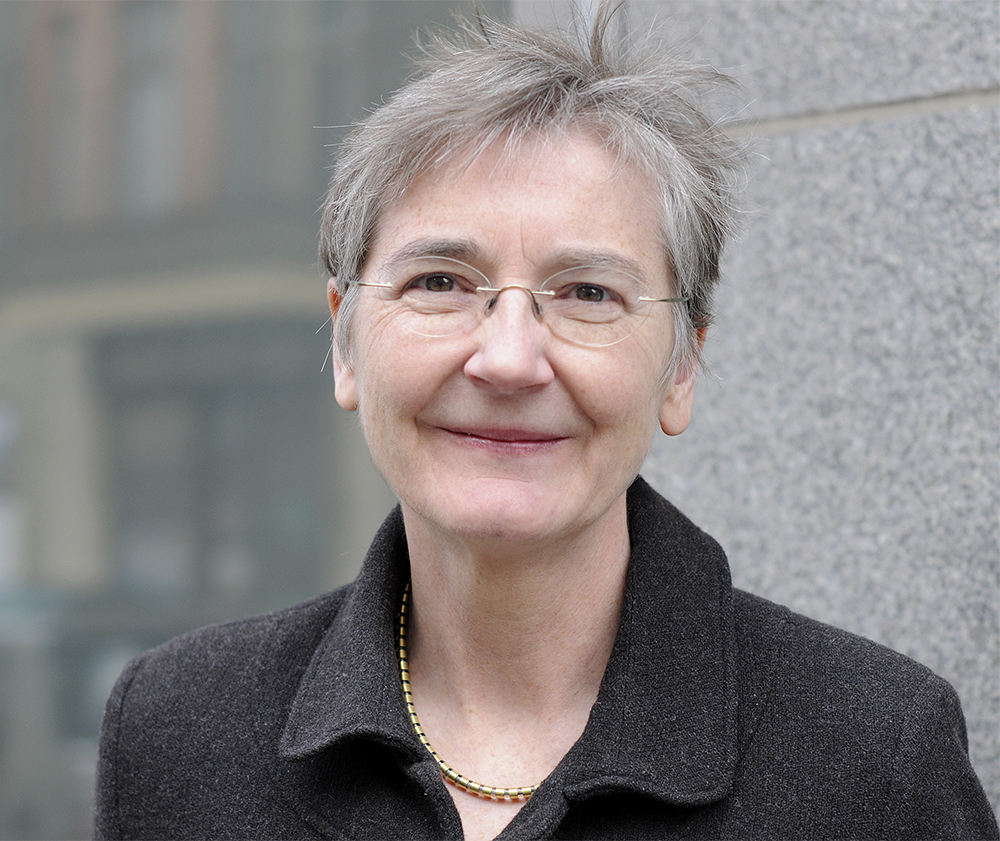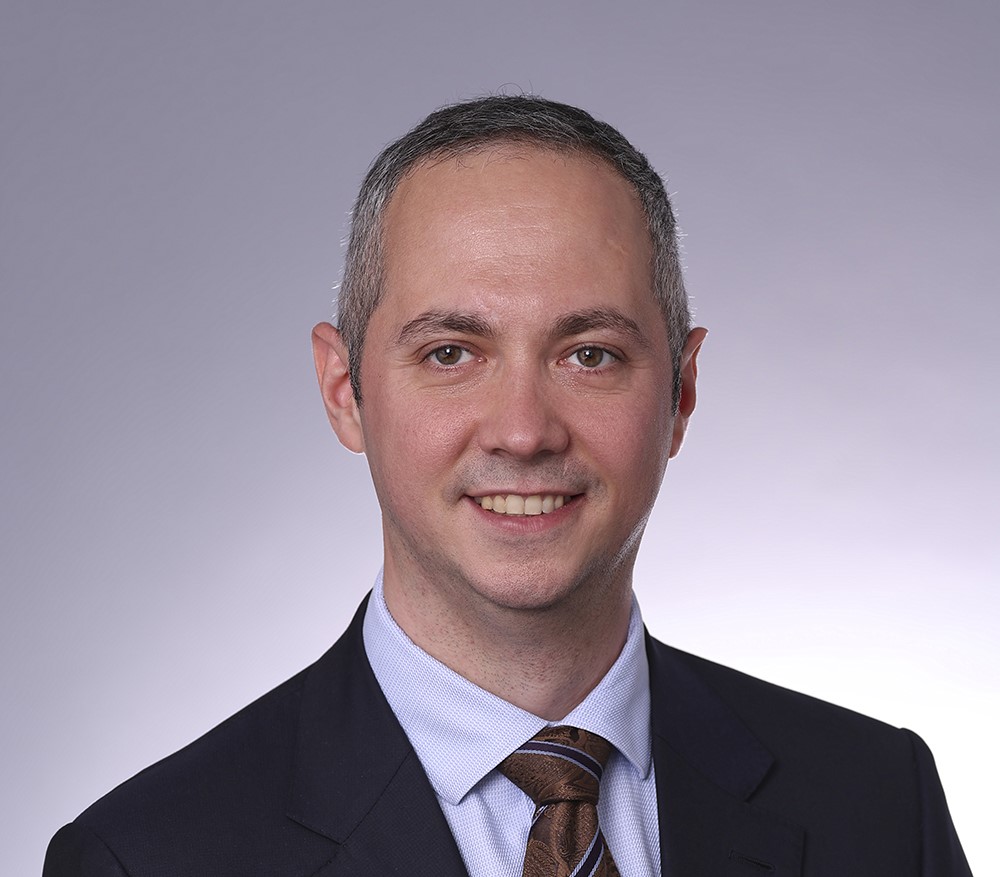- +2
Judy Dempsey, Alexander Gabuev, Rose Gottemoeller, …
{
"authors": [
"Rose Gottemoeller"
],
"type": "legacyinthemedia",
"centerAffiliationAll": "dc",
"centers": [
"Carnegie Endowment for International Peace"
],
"collections": [],
"englishNewsletterAll": "",
"nonEnglishNewsletterAll": "",
"primaryCenter": "Carnegie Endowment for International Peace",
"programAffiliation": "russia",
"programs": [
"Russia and Eurasia"
],
"projects": [],
"regions": [
"North America",
"United States",
"Caucasus",
"Russia"
],
"topics": [
"Foreign Policy",
"Nuclear Policy",
"Nuclear Energy"
]
}
Source: Getty
Presidents Take the Stage for Different Shows
Source: St. Petersburg Times

The two events in many ways are different: George W. Bush’s State of the Union address is highly scripted, in front of the Congress and all the key figures in the U.S. government. No questions are asked — except afterward, when the media let loose. Vladimir Putin, by contrast, answered questions from 560 reporters for nearly four hours. While choreography had to play a role in Putin’s performance, there was definitely give and take with his audience.
Despite these differences, both men talked about their top priorities, and so the twinned events let us see what policy goals they have in common. Putin’s news conference was surrounded by the buzz that as the newly minted president of the Group of Eight, he would talk about his foreign policy goals. The same went for Bush: He too would concentrate on foreign policy, having seen his top domestic priorities fizzle during 2005. Three issues were clearly on the minds of both presidents: energy, Iran and Hamas.
Putin took pains to describe Russia as a reliable energy supplier. “To speak of some kind of new Russian energy weapon is completely unwarranted,” he insisted. Russia would in fact bolster its position by constructing the new gas pipeline under the Baltic Sea — important, Putin said, for “the stable supply of Russian gas to Western Europe.”
Bush, although he did not mention Russia, had unreliability on his mind. He stressed that “America is addicted to oil,” and called for a 75 percent reduction in U.S. oil imports from the Middle East by 2025. The answer for Bush was not in more suppliers, but in alternative energy sources and greater efficiency — good old American self-sufficiency.
Also interesting is what Bush did not mention: He had widely been expected to talk about a major new nuclear energy initiative, but it did not appear. When Bush turned to Iran, he had backed away from his famed “axis of evil” tag and the stress on forced regime change in Tehran. In fact, he assured the Iranian people that America would respect their right to choose their leaders and win their own future. But he also hit hard on the message that Iran must not be permitted to gain nuclear weapons.
Putin said nothing about Iran’s political scene, but focused on Russia’s activist role in the current diplomacy. Russia’s initiative to create international centers for nuclear fuel services would permit every country to have access to nuclear power while preserving global security. “This goes for our Iranian partners, too,” Putin stressed. The Hamas win in the Palestinian elections, however, gave Putin the opportunity to take a big swipe at American diplomacy in the Middle East. He seemed to think that he could do better: “We need to sit together and listen to each other and agree on decisions.” Hard to see how when Russia differs from the United States and Europe on the terrorist status of Hamas — a fact that Putin also noted.
Bush, for his part, had a simple message for Hamas: Recognize Israel, disarm, renounce terrorism and work for a stable peace. Here, he and his Russian counterpart were on some common ground, for Putin also called on Hamas to recognize Israel.
Most interesting, perhaps, were the silences. This is the year when Russian holds the presidency of the G8, and the United States is a prominent member of the G8 — one of those “fat-cat” countries that Putin pointed to in his remarks. Remarkable, therefore, that Bush said not a word about Russia or the G8 in his address, as if the issues so prominent for his G8 partners, especially energy security in Europe, had no meaning for the United States of America. The Kremlin should not feel so bad about this, since Bush also failed to mention that other great Asian power, China, a country figuring prominently in Pentagon assessments of future threats to the United States. If China was not mentioned, then the bar for making it into the speech must have been high indeed.
Isolationism, that American disease that Bush railed against in the speech, appears to be a danger in his own case. In the end, Bush and Putin seemed to be operating in separate universes. This is fitting, perhaps, for two such different countries, one a great Eurasian power more concentrated on its neighborhood than anywhere else, the other a North American superpower whose culture and messianism both attract and repel the rest of the world. But the separation is not comforting when we have so much work to do. Energy security alone could keep us busy for decades, and there is the small matter of thousands of nuclear warheads and tons of nuclear materials still left from the Cold War. Communicable disease, the fight against terrorism, unfinished conflicts the world over — we two, together, have much to occupy us — if our separate universes do not hold us apart.
About the Author

Nonresident Senior Fellow, Nuclear Policy Program
Rose Gottemoeller is a nonresident senior fellow in Carnegie’s Nuclear Policy Program. She also serves as lecturer at Stanford University’s Freeman Spogli Institute for International Studies and is a research fellow at the Hoover Institution. Ambassador Gottemoeller served as the deputy secretary general of NATO from 2016 to 2019.
- The Spectacular Rise of the “Bad Boys” of NATO During the Ukraine CrisisQ&A
Recent Work
Carnegie does not take institutional positions on public policy issues; the views represented herein are those of the author(s) and do not necessarily reflect the views of Carnegie, its staff, or its trustees.
More Work from Carnegie Endowment for International Peace
- How Far Can Russian Arms Help Iran?Commentary
Arms supplies from Russia to Iran will not only continue, but could grow significantly if Russia gets the opportunity.
Nikita Smagin
- Is a Conflict-Ending Solution Even Possible in Ukraine?Commentary
On the fourth anniversary of Russia’s full-scale invasion, Carnegie experts discuss the war’s impacts and what might come next.
- +1
Eric Ciaramella, Aaron David Miller, Alexandra Prokopenko, …
- The Kremlin Is Destroying Its Own System of Coerced VotingCommentary
The use of technology to mobilize Russians to vote—a system tied to the relative material well-being of the electorate, its high dependence on the state, and a far-reaching system of digital control—is breaking down.
Andrey Pertsev
- Indian Americans Still Lean Left. Just Not as Reliably.Commentary
New data from the 2026 Indian American Attitudes Survey show that Democratic support has not fully rebounded from 2020.
- +1
Sumitra Badrinathan, Devesh Kapur, Andy Robaina, …
- Taking the Pulse: Can European Defense Survive the Death of FCAS?Commentary
France and Germany’s failure to agree on the Future Combat Air System (FCAS) raises questions about European defense. Amid industrial rivalries and competing strategic cultures, what does the future of European military industrial projects look like?
Rym Momtaz, ed.














